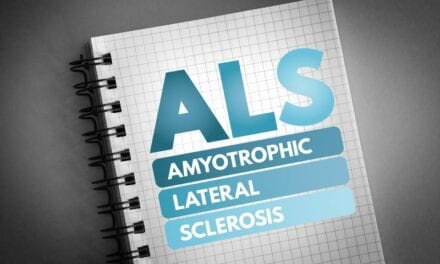.png)
Neuralstem, a biotech company headquartered in Rockville, Md, is sponsoring the first phase of the study. The first phase of treatment is intended to show that the surgical procedure is safe and that the patients’ bodies will not reject the injected stem cells. Researchers report that the cells have not harmed the12 patients that began the trial nor have the cells accelerated the progression of the patients’ ALS.
Reportedly, Ted Harada, one of the patients in the clinical trial, is reported to have experienced positive results 2 weeks after the treatment. Harada, who felt extremely weak and was forced to walk with a cane prior to the treatment, began to experience improvements after receiving the stem cell injections. Harada stated that his breathing had improved and that it had been months since he used his cane.
Eva Feldman, MD, PhD, of the University of Michigan, designed the study and is president of the American Neurological Association. Feldman voices cautious optimism, acknowledging that while the trial’s patient population is small, the study suggests that the patients may have slowed in their progression of lower extremity weakness. The results remain encouraging and Feldman presented the study’s recent findings at the neurological group’s annual meeting in San Diego.
Two of the participants of the trial who had progressed further into ALS than their counterparts, succumbed to the disease. However, Feldman reports that the progress of the remaining patients has not changed. Feldman and her research team will request that the Food and Drug Administration allow them to progress to the second phase of the trial which calls for stem cells to be injected into the cervical spinal cord.
Source(s): CNN, Emory University, University of Michigan




